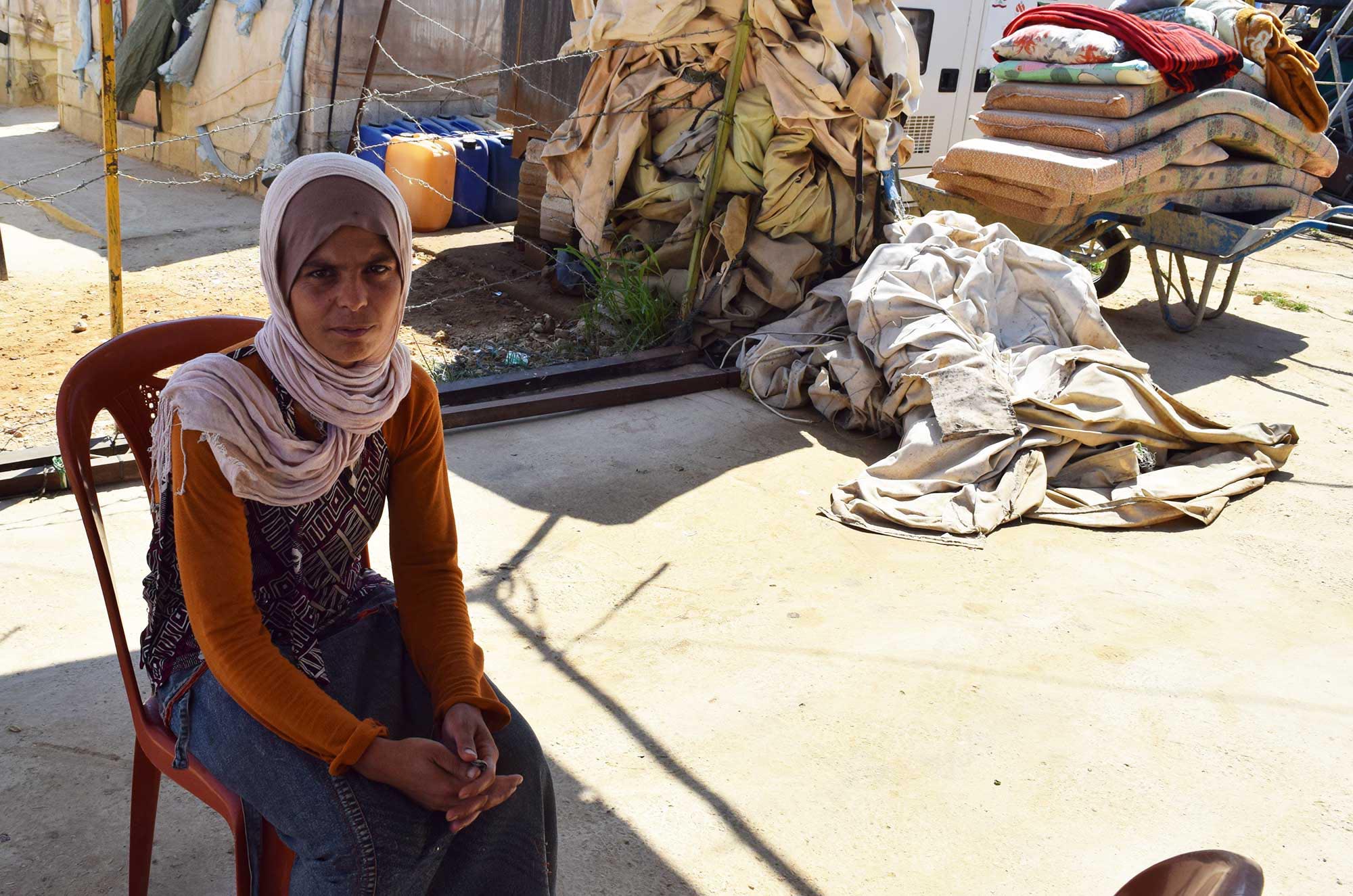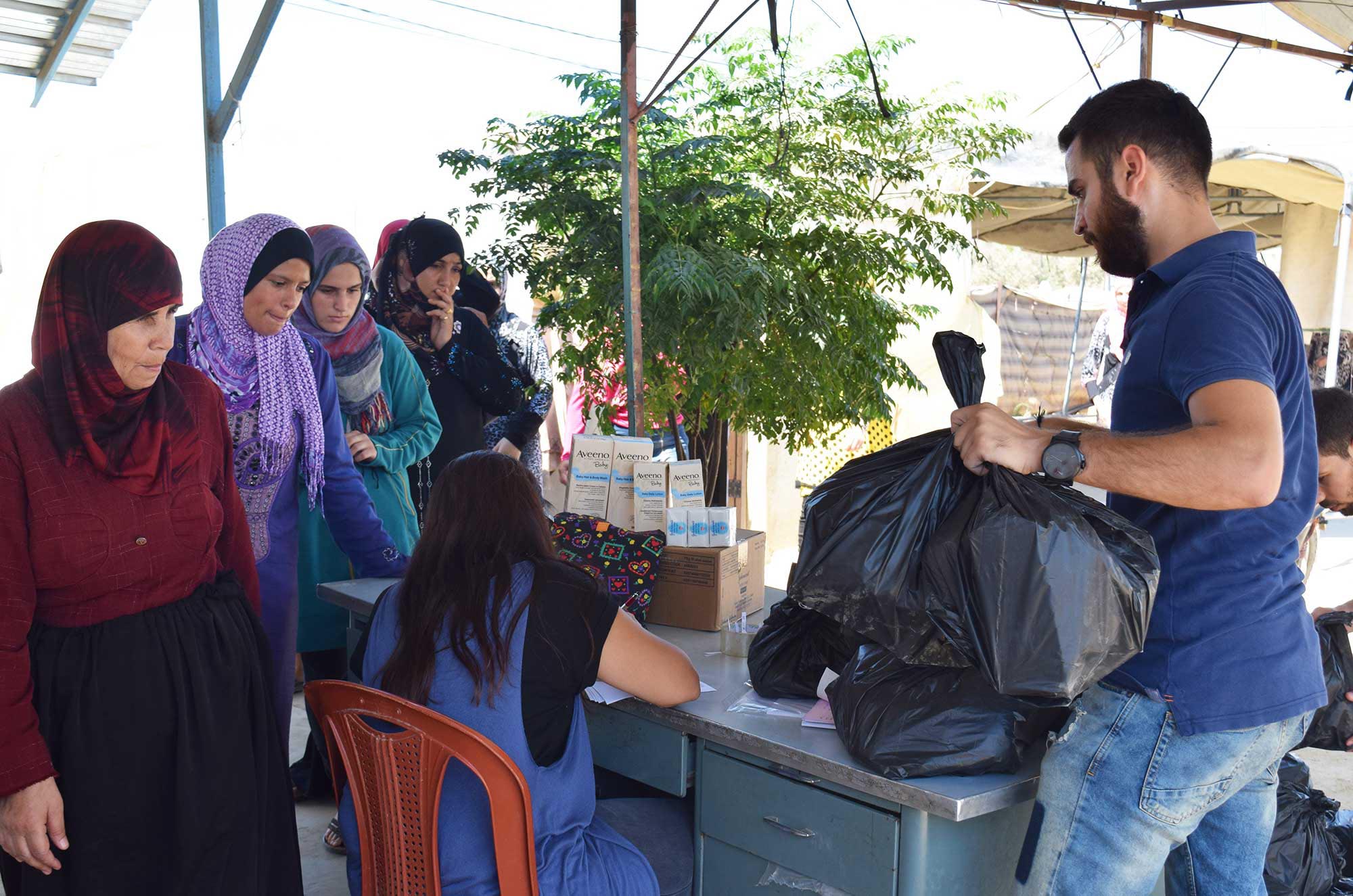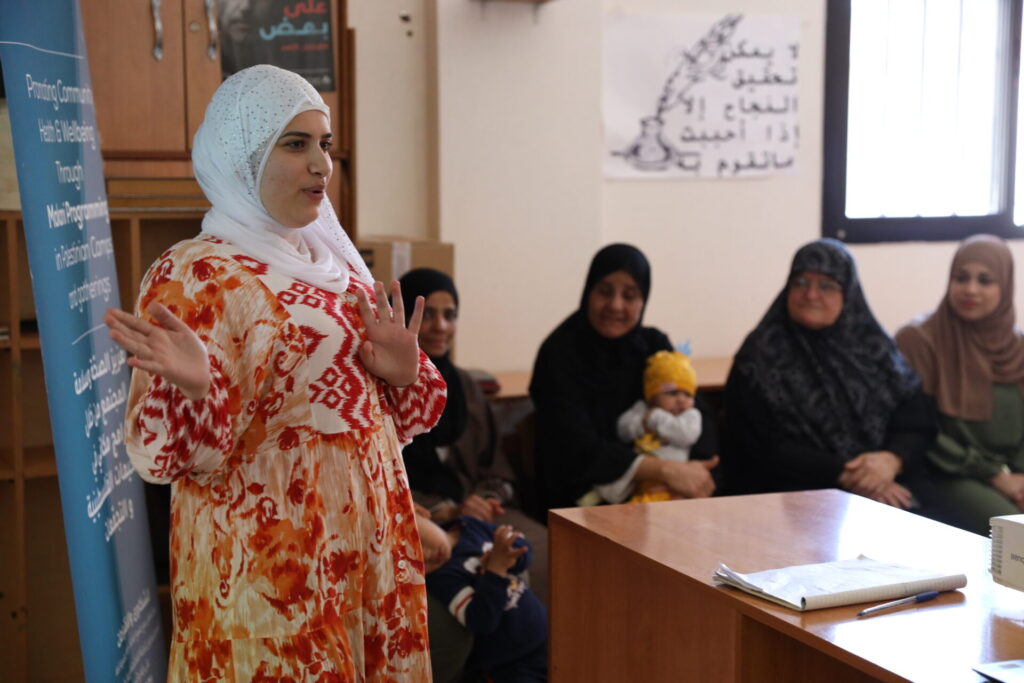Sep, 2016
Rabab Al Sabaa, a 29-year-old mother of five, fled the war in Syria more than four years ago with her children, a disabled sister-in-law, and an elderly mother-in-law.
They settled in nearby Akkar, Lebanon, where Rabab works in agriculture to support her family.
“Without the aid we receive occasionally, I couldn’t support the entire family by myself,” she said. “I ask neighbors to lend me money sometimes so I can buy some basic things for the kids.” The average daily income for Syrian refugees in Akkar is less than $13, and women often make even lower wages.


“Without the aid we receive occasionally, I couldn’t support the entire family by myself."


Poverty Prevents Refugees from Practicing Good Hygiene
A UNHCR study on hygiene practices among Syrian refugees residing in Akkar revealed that items like soap are too expensive for many families. Some 13 percent of Syrian refugees in Akkar reported washing hands with water only.
To help Syrian refugees cope, Anera delivered Days for Girls fully-washable feminine hygiene kits with help from Direct Relief. Anera added to the kits bars of soap, shampoo and moisturizers donated by Johnson & Johnson. Rabab picked up the kits for her family from the Al Inmaa Refugee Center near her home.
“The women appreciated the good quality of the hygiene items we delivered,” said Zayat. “Especially since they are suitable for the needs of the whole family.”
Learning How to Keep Families Clean and Healthy
The delivery was preceded by an awareness session on healthy hygiene practices and proper use of items the kits contain. In the center, Anera also distributed illustrated flyers with tips on health and hygiene.
“I am looking forward to trying the washable [menstrual] pads,” said 16-year-old Nassim Satouf. “They will spare us the cost of buying disposable ones, and they are healthier too.”
Al Inmaa Refugee Center is a tented settlement in Akkar housing 350 Syrian families. It was established in 2014 in the village of Rihaniye. Most families in the center fled from southern Syria, and a considerable number have relocated from the turbulent Arsal region to the relatively safer Akkar region.




